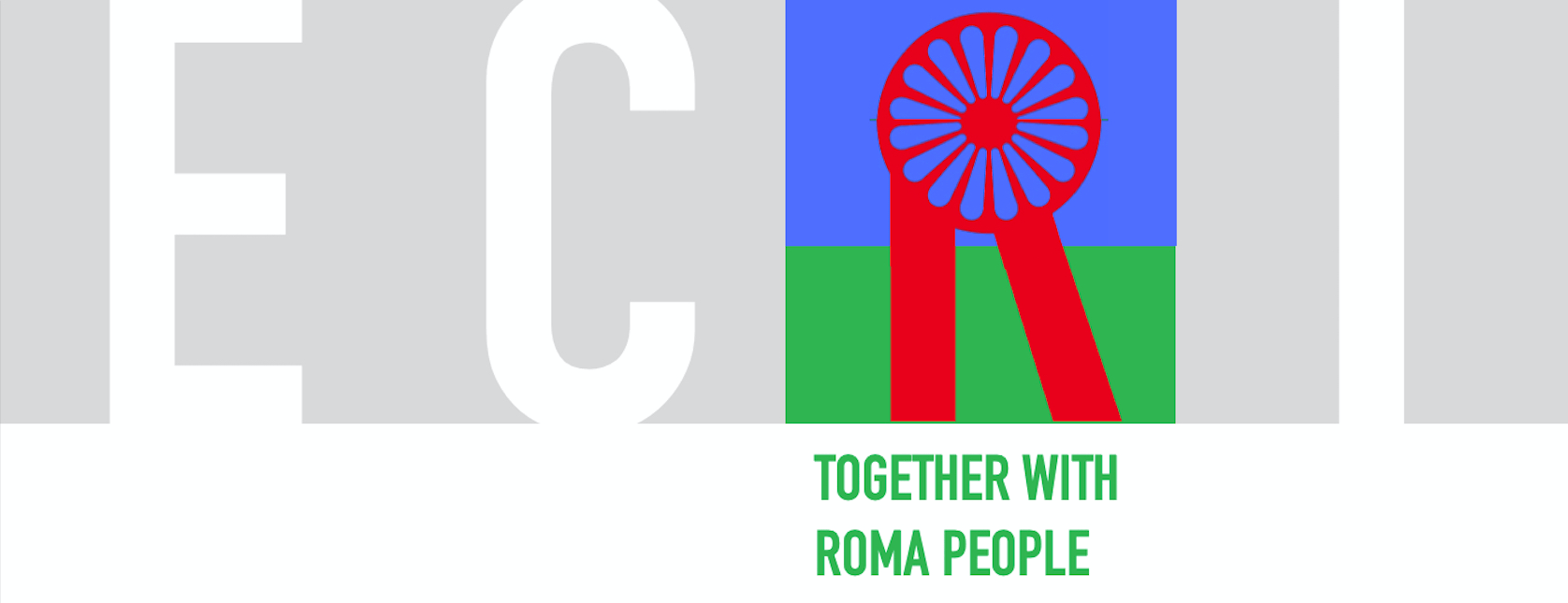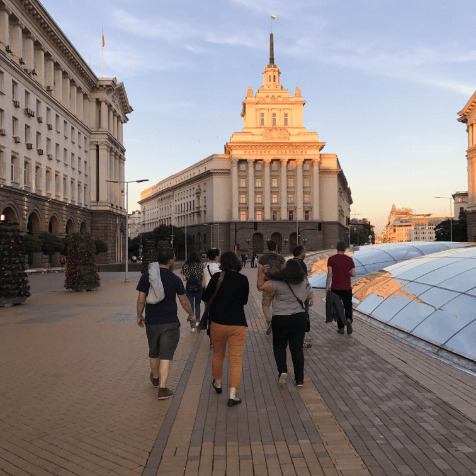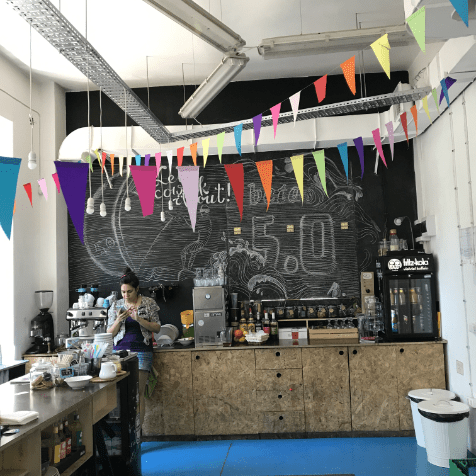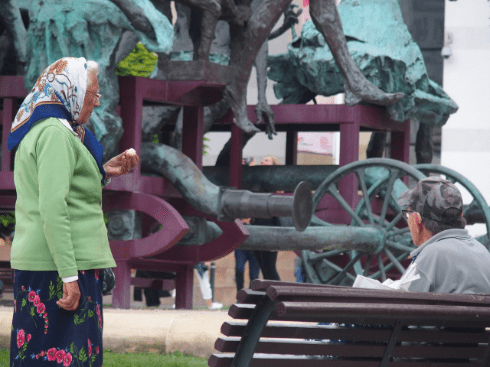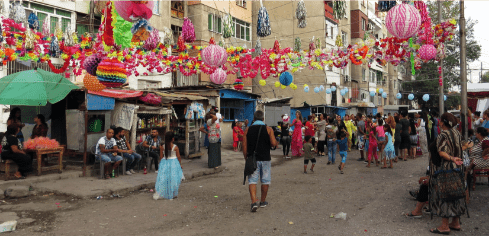ECRI is a European project aiming to develop the skills of adults working to support and include Roma communities. ECRI was born out of a mobility project for youth workers HOHO – Home Hospitality supported by the Erasmus + Youth and Sport programme where the partners all met in Bulgaria and Romania. They have all been involved in the processes of inclusion of Roma audiences.
The project takes place in a context of tightening national policies towards Roma communities. In a context of rising nationalism, xenophobia and glottophobia, the partners consider that the tools, methodologies and inclusion processes are today too sectorialized (social aid, educational aid, cultural aid…).
